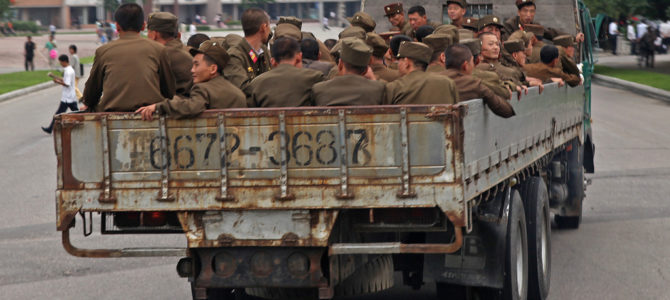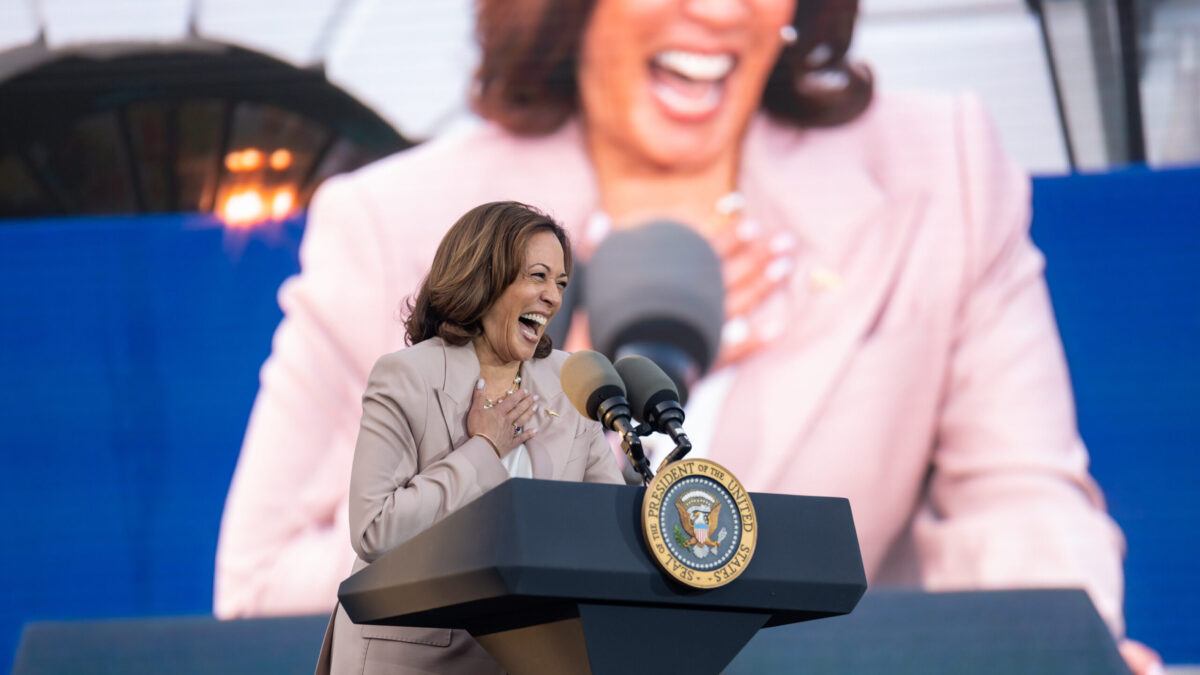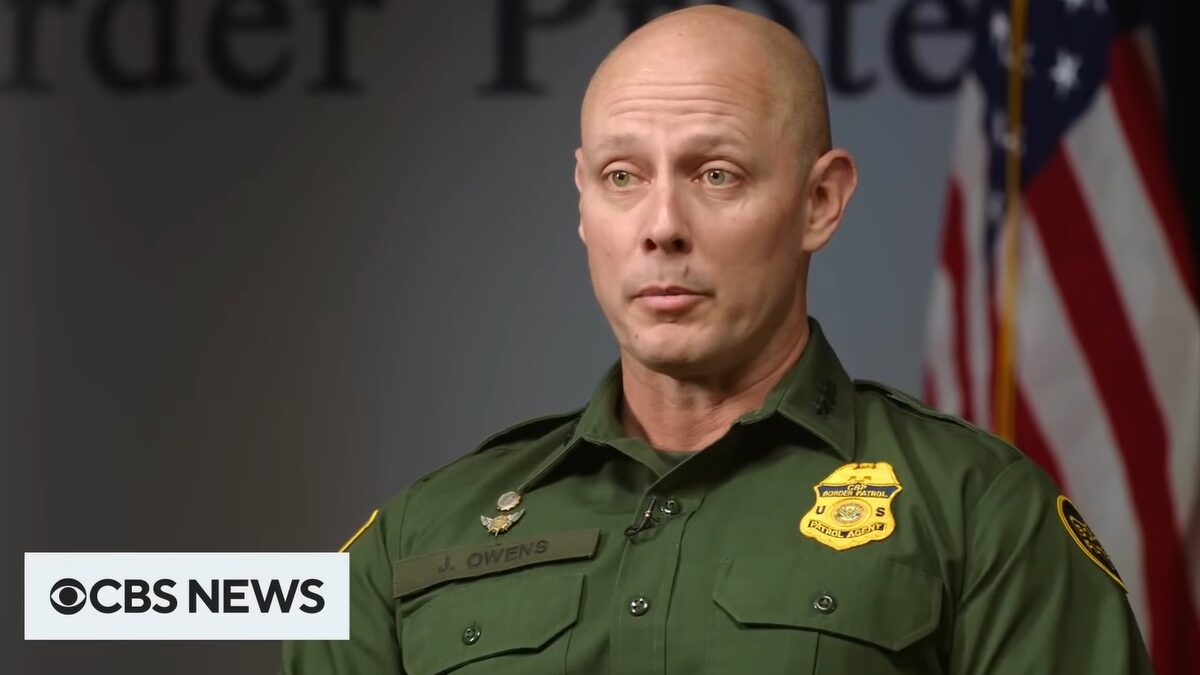
President Trump is just concluding his first major tour of Asia, which started with a marathon of meetings with Prime Minister Shinzo Abe in Japan. Prominent among their topics of conversation was North Korea, a subject on which, by Abe’s account at a press conference last Monday, the two men “are together 100 percent.”
That’s troubling news, as Abe’s approach seems to disdain diplomacy for reckless escalation. “Now is the time not for dialogue, but for applying a maximum level of pressure on North Korea … through all possible means,” he said Monday. Some of those means are economic in nature—Abe spoke of a forthcoming “decision of freezing assets of 35 North Korean entities and individuals”—but his comments, as well as remarks from Trump himself, made clear preventive military action is on the table, too.
North Koreans are “under a very repressive regime,” Trump said, “and I really think that, ultimately—I can tell you this—that I hope it all works out. It would be better for everybody. Certainly would be better for North Korea, but it would be better for everybody.”
The president never specified what he meant by “it,” but the most plausible interpretation is he was speaking of regime change of the forcible, U.S.-orchestrated variety. After all, if Trump and Abe decide to go to war together, the technically military-free Japan will not be the country supplying the great bulk of blood to be spilt and tax-dollars to be spent.
What Preventative Action Would Cost
That the Kim Jong-un regime is oppressive and deplorable is not up for debate, but the wisdom of all but pledging the United States to preventive military intervention in North Korea most certainly is. The Pentagon recently sent a letter to members of Congress detailing the probable implications of such a decision, The Washington Post reported, and the picture is grim.
Military leaders believe “North Korea may consider the use of biological weapons,” the letter says. It also points out that Pyongyang “has a long-standing chemical weapons program with the capability to produce nerve, blister, blood and choking agents.”
The South Korean capital of Seoul is located just 35 miles from the demilitarized zone (DMZ) separating the two halves of the Korean Peninsula, the letter notes, and its greater metro area is home to 25 million people, nearly half the South Korean population. The city would be deeply vulnerable to indiscriminate attack by a Pyongyang with nothing left to lose (remember, the very purpose of Kim’s nuclear obsession is avoiding regime change), and the Post story cites a casualty estimate of 300,000 dead—as many as 100,000 of them Americans—in the first few days of conflict alone.
The human suffering, regional instability, and economic damage such a scenario entails are unthinkable. Kim would use whatever nuclear capabilities he has at the ready, and the United States could get drawn into major power conflict with China. Think of how the 2003 invasion of Iraq has spiraled into a much longer, messier, more costly war than was originally promised by its advocates. Think of its many unintended consequences. An invasion of North Korea would be far worse.
A Ground Invasion Would Probably Be Necessary
The Pentagon’s letter also states it would be impossible to identify and secure all the Kim regime’s nuclear facilities “with complete certainty” without exactly this sort of bloody, protracted ground invasion defined by disastrous casualty figures and brutal use of chemical and biological weapons. Although American military might outmatches anything Pyongyang can muster, the risk of war with North Korea is far too great to set our hopes on Trump and Abe’s vision of “applying a maximum level of pressure” and keeping our fingers crossed that “it all works out.”
Deterrence coupled with hard-nosed diplomacy is vital, now more than ever, and should be far and away the centerpiece of U.S. action toward North Korea. Offering China a smaller U.S. presence in South Korea in exchange for effective suasion of the Kim regime is one option the Trump administration should consider, as is exploring outcomes in which Pyongyang’s nuclear power is contained rather than eliminated (which is fantasy).
Secretary of State Rex Tillerson has offered more promising words in this regard than those from Trump and Abe on Monday. Trump directed him to continue diplomatic efforts with North Korea “until the first bomb drops,” Tillerson recently told CNN’s Jake Tapper, which does not entirely mesh with Trump’s more aggressive public statements. It suggests this administration, like its predecessors, is not thinking strategically about a desired political end state, but it at least hints at a more thoughtful process in private.
Hopefully that clue has a sound basis in reality, because however provocative Pyongyang may be, Washington must be the adult in the room and exchange saber-rattling for diplomatic innovation. It is no exaggeration to say millions of lives are on the line.








